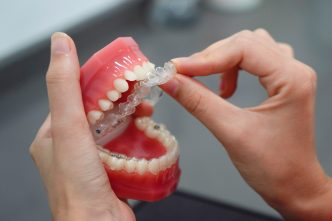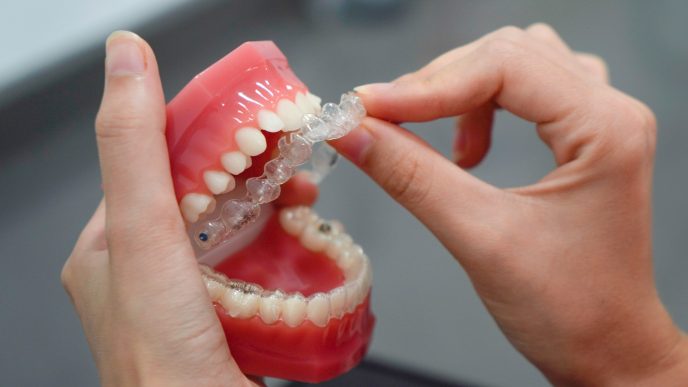If you have a woman in your life struggling with addiction, you may be feeling unsure about how to help her. It’s a tough position to be in, especially when addiction impacts so many areas of her life and yours. Understanding the specific needs of women facing addiction can be the first step in guiding her to the right path toward recovery. Here, we will take a closer look at how you can support the women in your life as they navigate the challenges of addiction, offering distinct ways to address the issue and providing hope for a brighter future.
Understanding the Risk Factors for Women Battling Addiction
Addiction doesn’t look the same for everyone, and that’s especially true when it comes to women. Studies have shown that women often face different triggers and risk factors compared to men when it comes to addiction. One of the key elements to consider is understanding these risk factors. Some of the factors might be societal pressures, trauma, or co-occurring mental health disorders like anxiety or depression.
Understanding these unique challenges can make a difference in how you approach support. Women are more likely to develop addictions due to trauma, such as abuse or violence, and may also experience higher rates of co-occurring mental health conditions. Recognizing these risks can help in identifying when professional treatment might be necessary.
Why a Women’s Treatment Center Is the Best Choice
Gender-specific treatment can make all the difference. A women-only alcohol rehab in Southern California, Upstate New York, or Northern Teas can offer a more specialized approach to addiction treatment for women. These centers are designed with the unique needs of women in mind, from a supportive environment that fosters healing to staff trained in trauma-informed care.
A women’s treatment center is equipped to address issues like codependency, body image, and self-esteem, which often accompany addiction in women. The focus is not just on detox and sobriety but also on the emotional and psychological healing that is crucial to long-term recovery. Encouraging the woman in your life to consider this type of specialized care could significantly improve her chances of overcoming addiction.
Creating a Safe Space for Her to Open Up
One of the biggest barriers women face when seeking help for addiction is the fear of people judging her or being misunderstood. Creating a safe and non-judgmental space where she can feel comfortable opening up is crucial. This doesn’t mean that you need to have all the answers or that you need to be her therapist. However, offering a listening ear, free from criticism or blame, can be a powerful first step. It’s essential to reassure her that you are there to support her no matter what.
The first conversation can be hard to start, but it’s important to approach it with empathy and understanding. Acknowledging the difficulties she’s facing without minimizing her struggles can help her feel seen and validated.
Helping Her Find the Right Resources for Recovery
When the woman in your life is ready to seek help, connecting her with the right resources is critical. Many women are unsure where to turn, and the myriad of options can be overwhelming. Providing her with information on women-centered treatment facilities or counselors who treat addiction for women can be incredibly helpful.
It’s essential to guide her toward resources that are trustworthy and reputable, such as certified addiction specialists and recovery programs. You can start by offering to help her research treatment centers or attend support group meetings with her, showing that you’re committed to being a part of her recovery journey.
Providing Emotional Support Throughout the Process
Addiction recovery is a long and often difficult journey. Even after a woman decides to enter treatment, the emotional toll can be immense. Providing ongoing emotional support can make a world of difference. This might mean helping her through tough times during the withdrawal phase, reminding her of her strengths when she feels like giving up, and celebrating the small victories along the way.
Encourage her to stay connected with others who can provide support, such as family, friends, or support groups. Knowing that she has a strong support system can reinforce her commitment to recovery and help her stay on the right path. Your role as an emotional anchor can significantly influence her motivation to stay in recovery.












